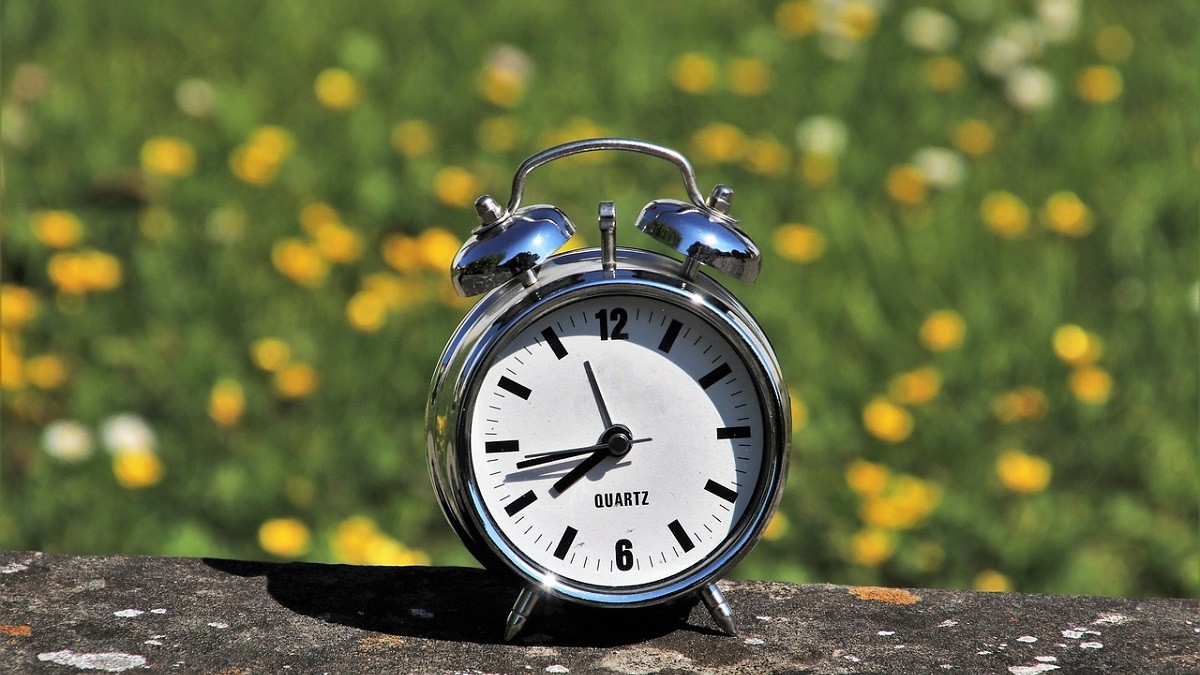U.S. News
Senate approves permanent Daylight Saving Time in 2023

- The Senate has unanimously approved the Sunshine Protection Act, a bill that would make Daylight Saving Time permanent.
- Leading proponent Senator Marco Rubio (R-FL) cited research that listed several benefits of an extra hour of light later in the day.
- The bill must still be passed by the House and signed by the president to become law.
A bill that would make Daylight Saving Time permanent has been unanimously approved by the Senate on Tuesday.
The bill, also known as the Sunshine Protection Act, had 17 cosponsors from both parties and was passed unanimously by the upper chamber.
Senator Marco Rubio (R-FL), who has previously proposed the permanent clock change, led the push to pass the bill.
Rubio declared, “The good news is if we can get this passed, we don’t have to keep doing this stupidity anymore. Hopefully this is the year that this gets done and, pardon the pun, but this is an idea whose time has come.”
The senator argued that in the 16 weeks without daylight saving time, lights are usually shut down at around 5 p.m. or earlier. He acknowledged that lights “are expensive,” which could explain why “a lot of communities are resistant to them.”
But Rubio cited research that listed several benefits of an extra hour of light later in the day. These include a decrease in seasonal depression, more time for children to play outside, and crime reduction.
As it stands, Daylight Saving Time starts on the second weekend of March and ends on the first weekend of November. That period was last extended by the federal government in 2007 by four weeks.
According to Rubio, his bill delays the clock change until 2023, to accommodate airlines and other industries that have advanced schedules.
To become law, the bill must still be passed by the House and signed by the president.
There is also an identical version of the bill in the House. This was referred last month to a subcommittee of the House Committee on Energy and Commerce. Experts urged the subcommittee to make the change in last week’s hearing.
Professor Steve Calandrillo of the University of Washington declared, “Simply put, darkness kills. And darkness in the evening is far deadlier than darkness in the morning.”
“The evening rush hour is twice as fatal as the morning for various reasons,” he explained. “Far more people are on the road, more alcohol is in drivers’ bloodstream, people are hurrying to get home, and more children are enjoying outdoor, unsupervised play.”
Source: CBS News
